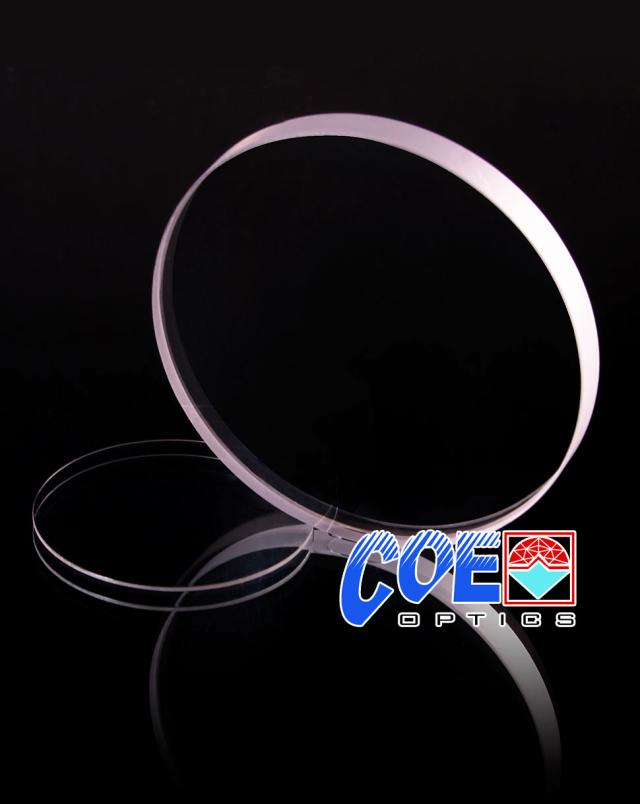- Business
- No Comment
The Features and Uses of Germanium Windows

A germanium window is an optical window that is opaque to UV and visible light but has a wide transmission range in the infrared. Due to its high index of refraction (4.0 from 2 to 14m), it has minimal chromatic aberration, and having an anti-reflection coating is always recommended.
Germanium (Ge) is a dense, hard metal with a Knoop Hardness of 780, about twice that of magnesium fluoride (MgF). It’s a popular choice for applications that require reliable optics. It has a density of 5.33 grammes per cubic centimetre.
Germanium’s transmission characteristics deteriorate sharply as temperature rises, a phenomenon known as “thermal runaway.” Hence, it is not recommended for applications where the temperature would regularly rise above 100 degrees Celsius. Its transmission properties are highly temperature sensitive, and its absorption increases to the point where germanium becomes nearly opaque at 100 °C and completely non-transmissive at 200 °C.It is recommended to always wear gloves when handling germanium optics as the dust from the material is hazardous. For your safety. It is also recommended to thoroughly wash your hands afterwards.
It is also recommended to consider the high density of the thermal imaging Germanium windows when designing for weight-sensitive systems. The Knoop hardness of germanium is around twice that of magnesium fluoride, which makes it an ideal solution for infrared applications requiring rugged optics.
With their broad transmission range and opacity in the visible region of the spectrum, these windows are perfect for integration with IR sensors, medical applications, pyrometry applications, thermal imaging Germanium windows, and thermographic cameras. These windows are also used for reference surfaces, defence surfaces, and in the medical and life sciences.
Germanium windows are available with tailor-made optical coatings to meet project-specific applications. Most optics stock three kinds of Germanium windows: uncoated, AR (both sides) coated, and AR/DLC coated in a range of sizes. Most of them are offered in a range of customized sizes and shapes and involve the option of squares, rectangles, and much more.
When designing an optical system, it is crucial to include windows at an early stage of the optical design. Depending on the system requirements, an optical window can have a significant impact on the performance of a system. Optical product manufacturers are engaged in pursuing different ways to implement optical technology. Most reputable manufacturers and suppliers of high-quality optical windows provide a diverse range of optical windows for a variety of applications, including sapphire windows, fused silica windows, thermal imaging Germanium windows, IR Window, UV Window, Magnesium Fluoride Window, Calcium Fluoride Window, Laser Window, and others. Most of them provide customized solutions with varied coating options on optical windows.